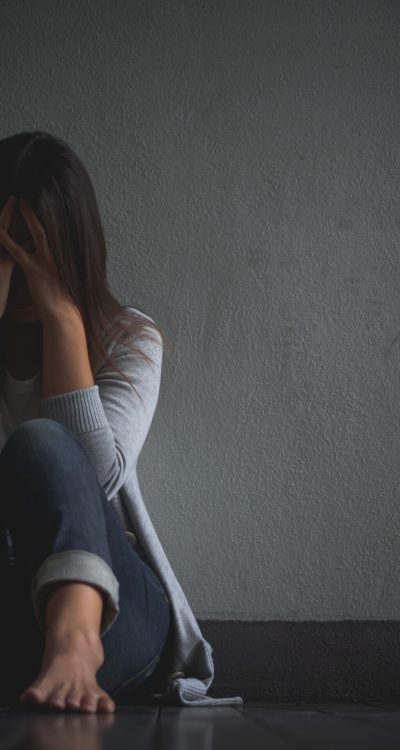Depression
Depression from the point of view of Ayurveda
Depression is a common mental disorder, characterized by sadness, loss of interest, pleasure, feeling of guilt or low self-worth, disturb sleep, poor appetite, low energy and poor concentration. It is a common mood disorder in the elderly and contributes to significant psychological and physical distress, physical disability and higher mortality. Depression can affect anyone — even a person who appears to live in relatively ideal circumstances. Being sad is not the same as having depression. To be diagnosed with depression, the symptoms must be present for at least two weeks. Some forms of depression are slightly different, or they may develop under unique circumstances: Persistent depressive disorder — is a depressed mood that lasts for at least two years Postpartum depression — many women experience it after giving birth Psychotic depression — occurs when a person has severe depression plus some form of psychosis, such as having disturbing false fixed beliefs (delusions) or see hallucinations Seasonal affective disorder — is characterized by the onset of depression during the winter months, when there is less natural sunlight Bipolar disorder has episodes of extremely low moods that meet the criteria for major depression
How Ayurvedic doctors treat Depression
According to Ayurveda, main causes for emotional imbalance are when the three Doshas Vata, Pitta, and Kapha are not at their optimal levels.
Mostly, depression is caused due to a Kapha imbalance where the brain’s electrochemistry has an erratic overreaction. Kapha imbalance can result in heaviness, darkness, anxiety, stress, and stagnation of mind and body which can cause hopelessness and depression.
In Pitta imbalance, allergies and breakdown of metabolic processes can disturb brain chemistry. This can cause mood swings and depression.
Vata imbalance triggers a loss of enzymatic activity in the metabolism following with Pitta imbalance.


Tips for effective Ayurvedic treatment of Depression:
- The following yogic asanas are beneficial in depression: Padmasana, Savasana, Surya Namaskar, Bhujangasana, Paschimottanasana, Sarvangasana
- Practice Pranayama, meditation and deep relaxation techniques
- Eat a diet rich in antioxidants
- Eat more green vegetables and yellow fruits
- Be active and happy always, even if it is hard! It will become a habit late
Book your Doctor
Welcome to Alveda, your destination for comprehensive disease treatment. Our expert physicians provide personalized care for various conditions. Booking your doctor is easy and quick, ensuring prompt access to tailored healthcare. Experience the synergy of innovation and empathy at Alveda – start your journey to wellness today with a simple click.




